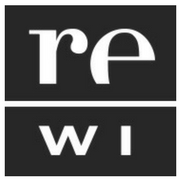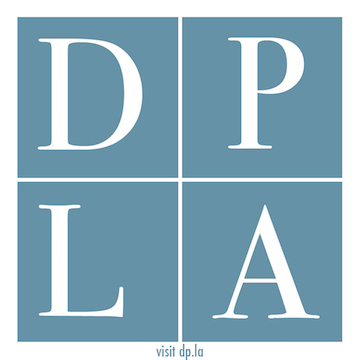Background
Libraries and cultural organizations are sometimes contacted by state corrections departments such as Oklahoma Correctional Industries (OCI) offering digitization services, particularly for high school yearbooks. These services, typically free or nearly so, may appeal to organizations that do not have staff with digitization experience or access to scanning equipment. While we want all Wisconsin organizations to have the opportunity to digitize their historical collections and we support skills training for incarcerated people who want it, there are also important ethical considerations that cannot be ignored.
Recommendation
The Recollection Wisconsin Steering Committee discourages the use of prison labor for digitization projects.
The incarcerated people who do this work are often unpaid or paid only a small, symbolic amount of money for their labor. These workers are not protected by the Fair Labor Standards Act and this raises many ethical concerns: it creates an industry that bases its business model on the availability of free or very low-wage labor, there is the potential for forced or compelled labor, and there is the danger of little or no oversight for the working conditions for incarcerated workers.
Moreover, by outsourcing this work to prison industries, organizations miss opportunities to engage with their local communities and other digital collections practitioners, and may inadvertently foster an unsustainable and ethically questionable future for cultural heritage.
Alternatives to Prison Labor
Recollection Wisconsin acknowledges that many organizations need experience, training, and equipment to digitize their collections and offers these alternatives to using prison labor:
- Digitization Kits for Public Libraries
- Digital Readiness Toolkit
- Digitization Vendors
- Guidance from Recollection Wisconsin on yearbook digitization
Sources and References
- Sawyer, Wendy, How much do incarcerated people earn in each state? Prison Policy Initiative, 2017.
- Wood, Graeme, From Our Prison to Your Dinner Table. Pacific Standard, 2015.
- Captive Labor: Exploitation of Incarcerated Workers. American Civil Liberties Union, 2022.
- Suares, Wendy, Prison Jobs Investigation Could End with More Criminal Charges. Oklahoma City Fox25 News, 2022.
- The Uncounted Workforce, National Public Radio, 2020.


